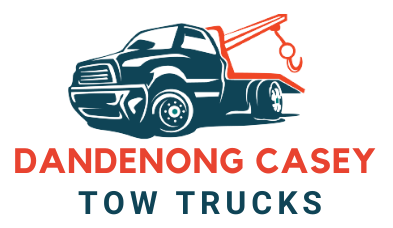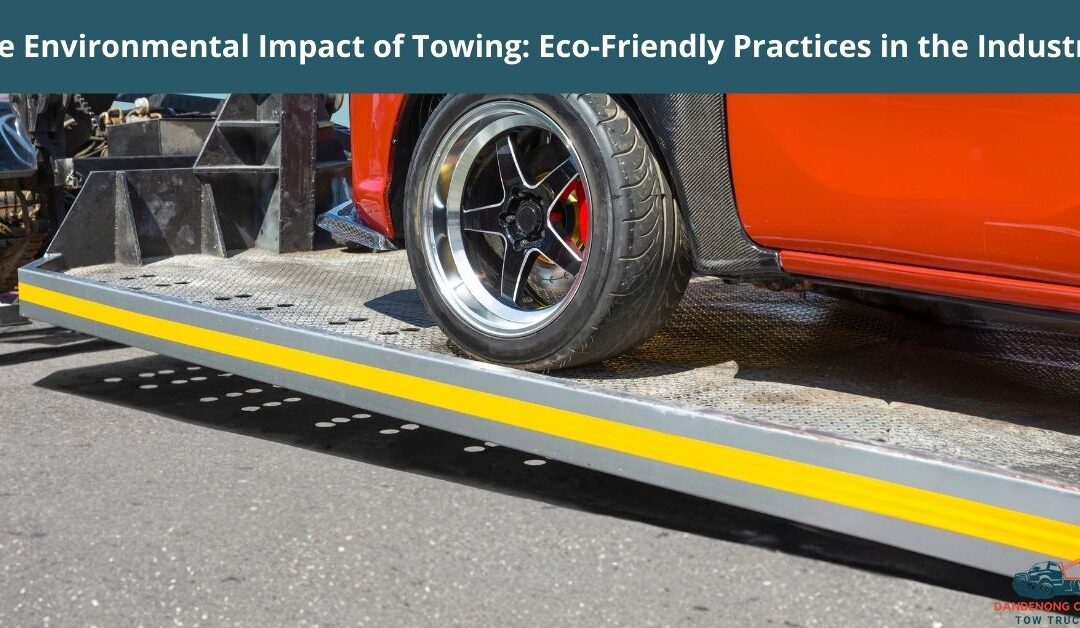Towing services play a critical role in road safety and vehicle management, but they also contribute to environmental challenges. The industry’s reliance on large, fuel-consuming trucks and its involvement in vehicle disposal processes can have significant ecological consequences. However, the industry is evolving to adopt more eco-friendly practices that reduce its environmental footprint. In this article, we explore the environmental impact of towing and the steps being taken to make it greener.
1. Fuel Consumption and Emissions
Towing trucks are heavy-duty vehicles that consume large amounts of fuel, especially when carrying loads like cars or trucks. Diesel-powered engines, which are common in the towing industry, emit harmful pollutants such as carbon dioxide (CO2), nitrogen oxides (NOx), and particulate matter. These emissions contribute to air pollution, climate change, and health problems like respiratory issues.
Eco-Friendly Solutions:
Transition to Alternative Fuels: Some towing companies are investing in trucks that run on alternative fuels such as biodiesel, electricity, or natural gas. These options can significantly reduce carbon emissions and other pollutants. Electric tow trucks, while still in their early stages, are a promising solution for the future of green towing.
Regular Maintenance for Fuel Efficiency: Maintaining tow trucks with regular tune-ups, tire checks, and proper engine care can improve fuel efficiency, reducing overall emissions.
2. Recycling and Salvaging Vehicles
Towing companies are often involved in transporting vehicles to junkyards or recycling centers after accidents or when cars are no longer roadworthy. The improper disposal of cars can lead to hazardous materials like engine fluids, batteries, and tires contaminating the environment.
Eco-Friendly Solutions:
Proper Recycling Protocols: Tow companies that collaborate with certified recycling centers ensure that vehicles are dismantled responsibly. Recyclable materials such as metals, glass, and plastics can be reused, and hazardous substances can be safely disposed of or treated.
Supporting Salvageable Parts: Some companies specialize in salvaging parts from junk cars to reduce waste. These usable parts can be refurbished and sold, reducing the need for new manufacturing and the associated environmental toll.
3. Reducing Idle Time
Towing trucks often remain idling while waiting for vehicles to load or during roadside assistance. This practice results in unnecessary fuel consumption and air pollution.
Eco-Friendly Solutions:
Idle Reduction Technologies: Companies can implement technologies such as automatic engine shutoff systems to limit idling time. These systems turn off the engine after a set period, reducing emissions.
Driver Training: Educating drivers on the importance of minimizing idle time can lead to more environmentally conscious habits on the road.
4. Vehicle Lifecycle and Disposal
The lifecycle of a tow truck includes manufacturing, usage, and eventual disposal, all of which impact the environment. The production of heavy-duty vehicles consumes significant natural resources, and disposing of old trucks improperly can contribute to landfill waste and pollution.
Eco-Friendly Solutions:
Sustainable Manufacturing: Tow truck manufacturers are beginning to adopt greener practices in the production of vehicles, such as using recycled materials and reducing energy consumption during assembly.
Proper Disposal of Old Trucks: When tow trucks reach the end of their useful life, responsible disposal practices—such as recycling parts and properly disposing of fluids—can mitigate environmental harm.
5. Smart Route Planning
Tow trucks often need to travel long distances to reach breakdown sites or accident scenes, which increases fuel consumption and emissions. Inefficient route planning can further contribute to unnecessary driving and environmental damage.
Eco-Friendly Solutions:
GPS and Route Optimization Technology: By using GPS systems and route optimization software, towing companies can plan the most efficient routes for their trucks. This not only saves fuel but also reduces wear and tear on the vehicles, extending their lifespan.
Strategic Dispatching: Dispatching the nearest available tow truck can significantly reduce the distance traveled and the fuel consumed, contributing to greener operations.
6. Eco-Conscious Customer Service
Some towing companies are actively promoting eco-friendly initiatives to raise awareness among their customers. By educating vehicle owners on responsible disposal and recycling practices, they encourage greener choices.
Eco-Friendly Solutions:
Paperless Operations: Moving to digital invoicing, receipts, and documentation reduces paper waste. This shift to digital platforms also improves operational efficiency and reduces the carbon footprint associated with traditional paper records.
Partnerships with Green Organizations: Towing companies can partner with environmental groups or certifications to promote eco-friendly towing practices and establish themselves as leaders in sustainability.
Conclusion
The towing industry, while necessary for keeping roads safe and functioning, does have an environmental impact. However, through the adoption of eco-friendly practices such as alternative fuels, efficient routing, recycling initiatives, and proper vehicle disposal, towing companies can significantly reduce their ecological footprint. As the industry continues to evolve, green innovations and eco-conscious operations will play a crucial role in mitigating the environmental effects of towing, benefiting both the planet and future generations.
If you are in Dandenong, Victoria 3175, and looking for a car removal service, this is the best way to visit us.
Contact Us
Dandenong Casey Tow Trucks
50 Fitzgerald Road
Hallam VIC 3803
(03) 7042 2011


Recent Comments